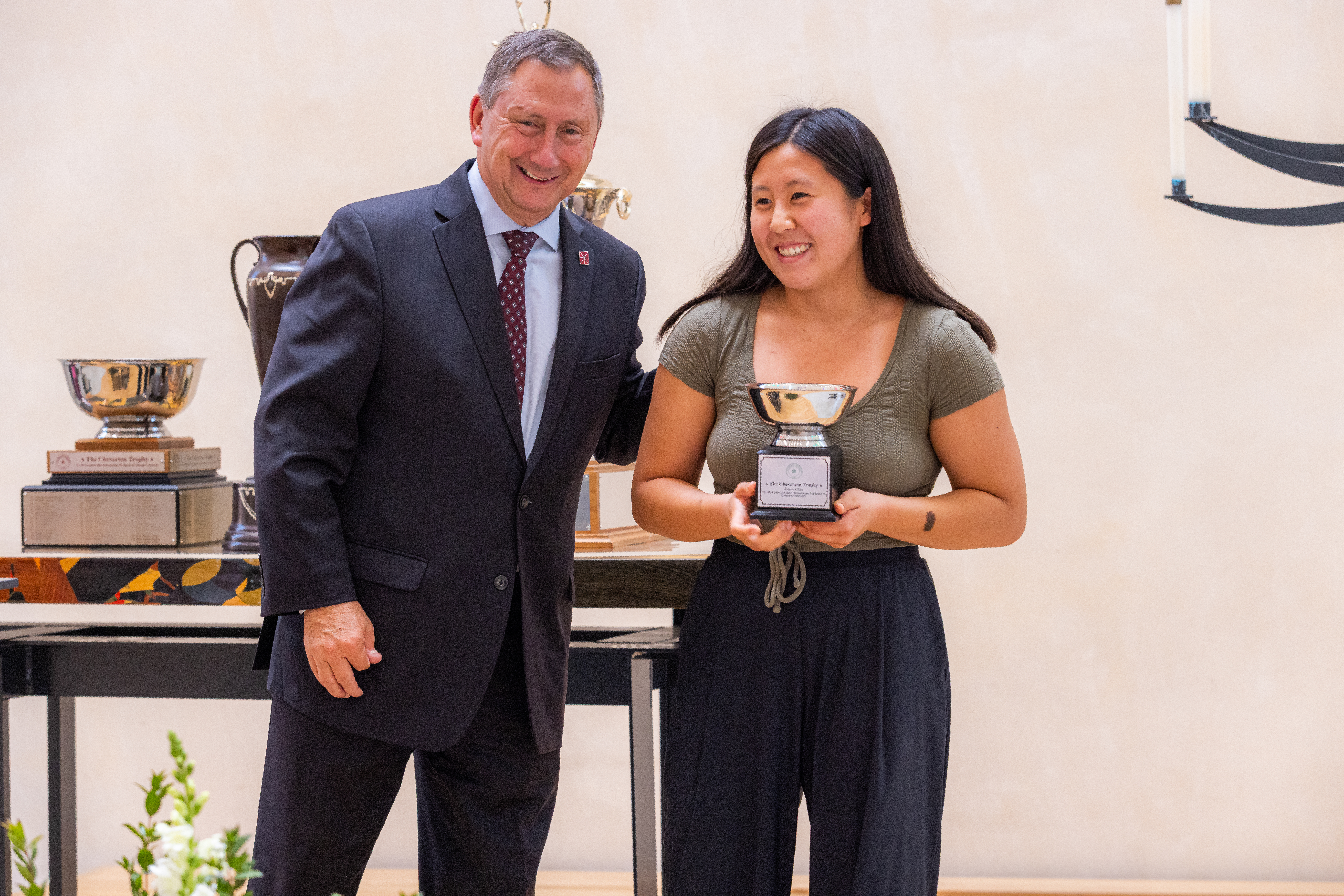Beyond the fall rituals of moving in, finding classes and getting involved on campus, there are “unwritten” rules for succeeding in college.
Here are some tips from “The Secret Syllabus: A Guide to the Unwritten Rules of College Success” by Chapman University Associate Professor Terry Burnham and co-author Jay Phelan:
- Arriving at college without having picked a career can be better.
- Have a four-year game plan, including extracurricular activities and how you’ll spend the summer.
- Have goals for different aspects of your life – academic, career progress, fitness, finances and personal. Remember to have fun.
- Make daily and weekly task lists to encourage progress and refine your behavior.
- Choose quality instructors.
- Use instructors’ office hours wisely.
- Make a good impression on your instructors and remember that they’re people too. Try to understand their world and perspective.
- Have meaningful relationships with instructors – develop at least one mentor and play the long game for future recommendation letters.
- Take your own notes, develop questions, use practice tests and space out study times.
- Maximize your exam points by anticipating what will be on it and answering precisely and concisely.
- Be methodical and comprehensive and have fun writing essays. Leave time for revisions.
- Cultivate resilience by analyzing and embracing failures – including exam results – and learning from them.
Burnham, who has a Ph.D. in business economics from Harvard, spoke to incoming students on Zoom during Chapman’s orientation week.
“If you’re traveling you know to get a guidebook, if you’re going to a restaurant you know to go on Yelp, but most important things in life you do by trial and error,” he said.
He advised first-year students to find “a guide, a mentor – it’s great to find somebody or some source of information that’s been through this before you have.”
He writes in “The Secret Syllabus” that he didn’t have clear direction in college even though his father wanted him to be a doctor. He took time off from school and worked a variety of jobs.
It was “only after taking a day labor job at a slaughterhouse and standing waist-deep among bloody carcasses did I have the epiphany that maybe college wasn’t so bad,” he writes.
“You can be forgiven for assuming that two Harvard Ph.D.s must have skated through school and so cannot understand the issues of typical students,” Burnham and Phelan write. “This could not be further from the truth. We have certainly had some great outcomes, but, for the most part, we have been depressingly average in the mistakes we’ve made.”




